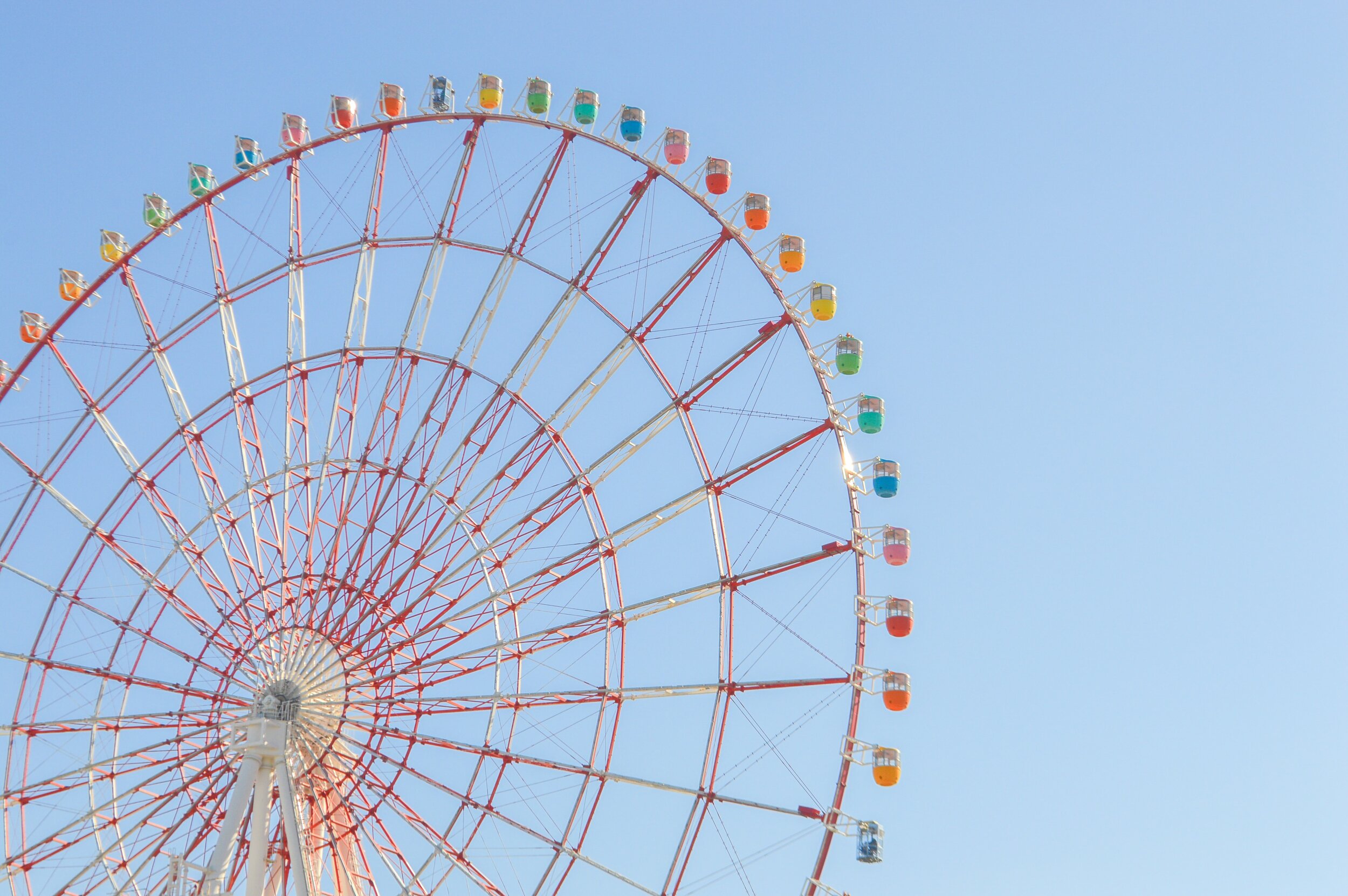Acupuncture for Anxiety

Anxiety is among the most prevalent mental disorders in the United States. The Anxiety and Depression Society of America reports 40 million adults, or 18.1% of the population suffers from some sort of anxiety driven disorder. While anxiety is common, only 36.9% of anxiety sufferers seek treatment for their illness. Lack of compassion for, and understanding of, anxiety create an atmosphere in our society where people are just expected to ‘get over it.’ In reality, anxiety is a very real condition that requires treatment to fully recover. Anxiety disorders include generalized anxiety disorders, panic disorder, obsessive compulsive disorder, post-traumatic stress disorder, and more. Along with anxiety many also suffer from depression as well. While anxiety treatments can vary in their effectiveness depending on the disorder and the sufferer, acupuncture is well documented as an effective tool in combatting the symptoms of anxiety disorders.
Anxiety sufferers complain of feeling nervous or tense, a rapid heart rate, trouble concentrating, difficulty sleeping, fatigue, etc. The toll anxiety takes on a body is great. It steals the energy from a sufferer’s brain and body. The nervous system is left feeling spent, exhausted, while the body has not even begun its day. The brain struggles to concentrate yet jumps from through to thought draining the brain of its energy as well. Anxiety creates issues with concentration at work or school, social issues, and even wreak havoc on relationships. Anxiety sufferers often complain of having minimal energy and many report times of being unable to even leave the house, or worse, an inability to leave their bed. Untreated, anxiety has life-changing impacts on a person’s life, and not in a good way.
Through acupuncture, anxiety symptoms are greatly lessened, and often eliminated. Acupuncture works by impacting the part of the brain responsible for regulating emotions. The brain is less stimulated and anxiety symptoms reduce naturally. Acupuncture goes to the source of the anxiety, the brain, our nerve center. The benefits of this approach are many. Acupuncture works faster than pills to control the symptoms of anxiety disorders. Also, there are no side-effects as with prescription drugs. While it can take months, and many different medications, to find one that is effective with minimal side-effects, acupuncture is completely natural and begins working immediately. The results are greater, and the impact on the body is far less than drugs.
So how does acupuncture work to control the brain? Acupuncture works to take the nervous system out of the sympathetic state, commonly referred to as the “fight or flight”, is switched to the parasympathetic state, in which the body is relaxed. Only in this state of relaxation can the brain and body restore and rejuvenate. Acupuncture also signals to the nervous system to reset, increasing the production of natural chemicals such as serotonin and natural pain killers. Acupuncture works to jump-start the brain back to where it should be operating, alleviating the disruption created with anxiety.
Patients typically notice differences in their anxiety symptoms immediately. While it normally takes several treatments for symptoms to completely go away, patients feel a discernable difference from the start. Each patient’s results will vary depending on the person and the anxiety disorder. Acupuncture is a natural, non-medicated approach to begin healing from anxiety disorders. It is proven effective and efficient without inflicting harmful drugs, or side-effects. Patients who do take medications for anxiety can utilize acupuncture as a way of reducing side-effects of medications as well. Acupuncture can be used as a sole treatment for anxiety, or in combination with medications and therapy. The goal is to increase the energy in the brain in an effort to reduce anxiety and the life altering symptoms that accompany it.
✦
✦
© 2023 Phoenix Rising Integrative Medicine | Branding by Mighty Within, Web Design by Cara Collins Design